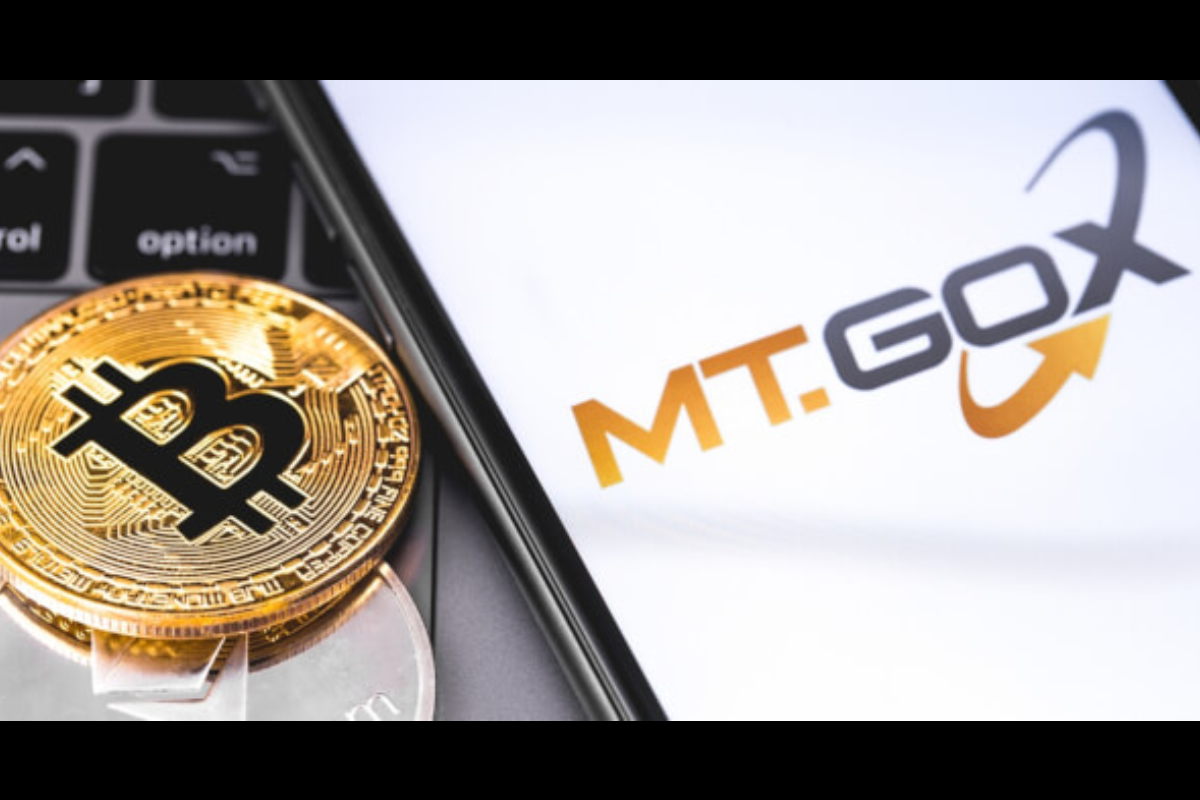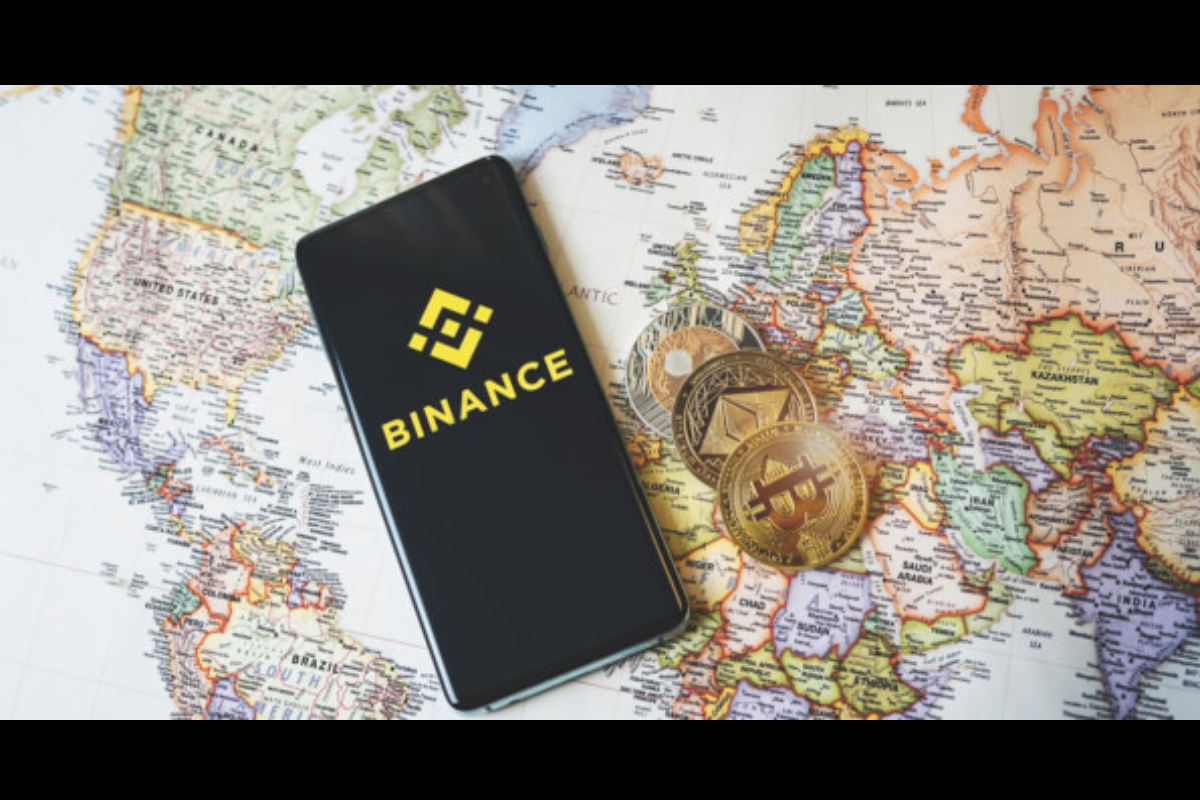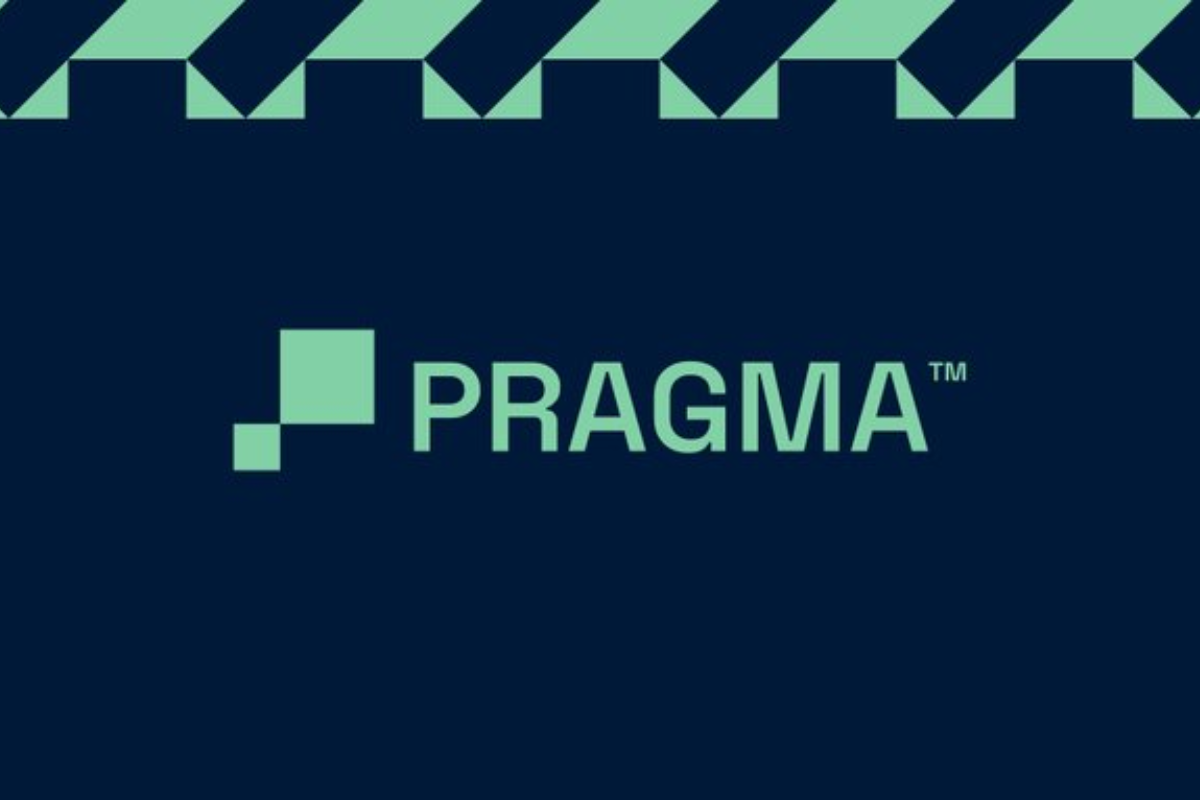Blockchain
Bitcoin Association Announces Bitcoin SV Technical Standards Committee

Bitcoin Association, the Switzerland-based global industry organization that works to advance business with Bitcoin SV, today announces the establishment and eleven initial members of its Bitcoin SV Technical Standards Committee. The Committee represents a major step by the Bitcoin SV ecosystem to professionalise the development of Bitcoin in order to support major enterprise use and facilitate global adoption.
The Technical Standards Committee will be chaired by Steve Shadders, Chief Technology Officer of nChain – the globally leading blockchain research, development & advisory firm. One of the world’s foremost Bitcoin experts, Shadders serves as Technical Director of the Bitcoin SV Node team, overseeing work on the Bitcoin SV Node software and infrastructure.
The other ten Committee members represent four continents, seven countries and diverse sectors of the Bitcoin SV ecosystem – including wallets, mining, applications, token solutions, venture investment and banking.
|
Name |
Title & Company |
Country |
|
Steve Shadders (Chair) |
Chief Technology Officer, nChain |
United Kingdom |
|
James Belding |
Co-Founder & CEO, Tokenized |
Australia |
|
Angus Brown |
Co-Founder & CEO, Centbee |
South Africa |
|
Ryan X. Charles |
Founder & CEO, Money Button |
USA |
|
Alex Fauvel |
General Partner, Two Hop Ventures |
Netherlands |
|
Masumi Hamahira |
Executive Advisor for Islamic Banking Window – MUFG Bank (Malaysia) |
Malaysia |
|
Justin Laue |
Chief Engineer & Co-founder, BitBoss |
USA |
|
James McCloud |
Chief Technology Officer, The Hopper |
United Kingdom |
|
Andrew Mee |
Solutions Strategist, nChain |
United Kingdom |
|
Kalev Trusaalu |
Chief Operations Officer, Domineum |
Estonia |
|
Lin Zheming |
Founder & CEO, Mempool and DotWallet |
China |
The mission statement of the Technical Standards Committee is:
To promote technical excellence and improve Bitcoin SV utility by enhancing interoperability through standardization by:
- Facilitating industry participation in the development of global standards
- Ensuring technical standards are maintained and freely available
Bitcoin Association Founding President Jimmy Nguyen commented:
“Our Association is professionalising the Bitcoin industry, and that includes leading development of standards. Technology history has repeatedly demonstrated the value of seeking consensus on technical standards to fuel industry growth through compatibility and interoperability between different businesses. The Technical Standards Committee was formed now to ensure that Bitcoin SV grows to support a world where all business and online activity can be on-chain, like how the Internet grew with standards set to support a world where everything can be online.”
The Bitcoin SV ecosystem has rapidly grown to over 400 known Bitcoin SV projects and ventures around the world, with new additions each month. Developers and businesses are discovering the value of a massively-scaled Bitcoin blockchain, capable of huge transaction volumes, micropayments, greater data capacity, and many advanced applications.
Seeing this rapid expansion, in September 2019, Bitcoin Association published a global call for interest to serve on a Technical Standards Committee. From numerous applications, top candidates were invited to a five-day formation workshop in London, United Kingdom in January 2020. The workshop assessed final Committee selections, and evaluated the governance processes and resource requirements.
Steve Shadders, Chair of the Technical Standards Committee, said:
“I am honoured to lead the Technical Standards Committee and work with my fellow committee members towards global adoption of Bitcoin SV. Using organisations like the Institute of Electrical and Electronic Engineers (IEEE) as a model, our Committee will focus on governance of the standards process and provide an out-of-the-box toolset for use by specific technical workgroups. Substantial work for recommending standards will be carried out by designated workgroups for each of the different technical areas, meaning that there will be many opportunities for participation from the wider Bitcoin SV ecosystem.”
Call for Participation in First Workgroup: Merkle Inclusion Proofs
In order to test and improve its process, the Technical Standard Committee’s first workgroup has been formed to produce a standard data format for Merkle inclusion proofs. Merkle proofs are vital to all uses of Simplified Payment Verification (SPV) described in the original Bitcoin whitepaper, and form the foundation of most user interactions with the Bitcoin network. The Committee is calling for expressions of interest to join the internal review panel for this standard during the drafting process. A public review process will follow this. To express interest in joining this pilot workgroup as an early stage reviewer, please email [email protected] outlining your subject matter expertise in this area and how you are a stakeholder in the subject matter. Applications will close 3 July 2020.
More detail on the proposal for this standards workgroup is available here.
Bitcoin Association Leadership
As Bitcoin Association continues to expand its activities, including initiatives such as the Technical Standards Committee, Jimmy Nguyen and Steve Shadders will focus on their Association roles, respectively, as Founding President and as Chair of the Bitcoin SV Technical Standards Committee.
The organization’s Executive Committee is comprised of Calvin Ayre, Founder of Ayre Group and CoinGeek; Stefan Matthews, Chairman of TAAL; and Jodok Wicki, partner at CMS von Erlach Poncet Ltd and legal counsel to the Association.
Blockchain
Anticipated Return of $9B Mt. Gox-era Bitcoin May Spur Market Anxiety

The anticipated return of $9 billion worth of Bitcoin from the Mt. Gox era has the potential to stir anxiety within the cryptocurrency market. This significant influx of Bitcoin, which has been tied up since the collapse of the Mt. Gox exchange in 2014, raises questions about its potential impact on market dynamics and investor sentiment.
The return of these long-dormant Bitcoin holdings may lead to increased volatility and uncertainty in the cryptocurrency market. Market participants are likely to closely monitor the movement of these funds and assess their potential impact on Bitcoin prices and overall market stability.
Additionally, the large-scale return of Bitcoin from the Mt. Gox era may trigger concerns about potential selling pressure and its effect on market liquidity. Investors may anticipate fluctuations in Bitcoin prices as these funds are reintroduced into the market and traded.
Furthermore, the return of these Bitcoin holdings highlights the ongoing legal and regulatory challenges associated with the Mt. Gox saga. The resolution of this long-standing issue could have far-reaching implications for investor confidence and the perception of security within the cryptocurrency ecosystem.
Overall, the anticipated return of $9 billion worth of Bitcoin from the Mt. Gox era has the potential to evoke anxiety among market participants and prompt heightened scrutiny of market dynamics. As the cryptocurrency market braces for this significant development, it remains to be seen how it will navigate the potential challenges and opportunities presented by the return of these funds.
Source: blockchain.news
The post Anticipated Return of $9B Mt. Gox-era Bitcoin May Spur Market Anxiety appeared first on HIPTHER Alerts.
Blockchain
Binance Faces Lawsuit in Canada for Selling Crypto Derivative Products Without Registration

Binance is currently embroiled in a legal dispute in Canada over allegations of selling cryptocurrency derivative products without proper registration. This lawsuit underscores the regulatory challenges facing the cryptocurrency exchange in various jurisdictions.
The lawsuit accuses Binance of offering crypto derivative products to Canadian investors without obtaining the necessary registration from Canadian securities regulators. This legal action highlights the importance of compliance with regulatory requirements in the cryptocurrency industry, particularly concerning the sale of derivative products.
Binance’s legal woes in Canada reflect broader concerns about regulatory compliance and investor protection within the cryptocurrency sector. As authorities worldwide increase scrutiny of cryptocurrency exchanges and trading platforms, companies like Binance face mounting legal and regulatory challenges.
The outcome of this lawsuit could have significant implications for Binance and the broader cryptocurrency industry in Canada. Depending on the court’s ruling, it could lead to increased regulatory oversight and stricter enforcement measures for cryptocurrency exchanges operating in the country.
In response to the lawsuit, Binance has stated that it is committed to compliance with all applicable laws and regulations in the jurisdictions where it operates. However, the outcome of this legal dispute will likely shape the regulatory landscape for cryptocurrency exchanges in Canada and influence their future operations and compliance efforts.
Source: blockchain.news
The post Binance Faces Lawsuit in Canada for Selling Crypto Derivative Products Without Registration appeared first on HIPTHER Alerts.
Blockchain
Cardano Foundation Launches PRAGMA: A New Chapter in Open-Source Blockchain Development

The Cardano Foundation has announced the launch of Pragma, marking a significant milestone in open-source blockchain development. Pragma aims to revolutionize Cardano by enhancing its infrastructure through innovative open-source projects.
Pragma represents a new chapter in the evolution of Cardano, focusing on improving its underlying infrastructure and expanding its capabilities. The initiative underscores the Cardano Foundation’s commitment to fostering innovation and driving progress within the blockchain ecosystem.
By leveraging open-source projects, Pragma seeks to enhance Cardano’s functionality and scalability, paving the way for broader adoption and increased utility. These efforts are expected to unlock new opportunities for developers and users alike, further cementing Cardano’s position as a leading blockchain platform.
Pragma’s launch highlights the ongoing evolution of Cardano and its commitment to pushing the boundaries of blockchain technology. Through collaborative open-source development, Pragma aims to address key challenges and drive continuous improvement within the Cardano ecosystem.
The Cardano Foundation’s announcement of Pragma signals a significant step forward in its mission to build a decentralized and sustainable blockchain infrastructure. With Pragma, Cardano is poised to embark on a new era of innovation and growth, setting the stage for a future of unprecedented possibilities in blockchain development.
Source: cryptonews.com
The post Cardano Foundation Launches PRAGMA: A New Chapter in Open-Source Blockchain Development appeared first on HIPTHER Alerts.
-

 Blockchain Press Releases7 days ago
Blockchain Press Releases7 days agoCanaan Shines at Blockchain Life 2024 in Dubai
-

 Blockchain7 days ago
Blockchain7 days agoQuantum eMotion Files a Patent for Quantum-based Blockchain Wallet Under the Patent Cooperation Treaty (PCT)
-

 Blockchain Press Releases7 days ago
Blockchain Press Releases7 days agoBybit Institutional Report 2024: Institutions Become Bullish and Eye Challenger Chains, while VC Funding Resurges for Infrastructure, Gaming, and AI
-

 Blockchain6 days ago
Blockchain6 days agoPhoenix Group Engages BHM Capital as Liquidity Provider to Boost ADX Liquidity and Enhance Market Dynamics
-

 Blockchain7 days ago
Blockchain7 days agoElizabeth Warren Urges Treasury Secretary Yellen to Implement Strong AML/CFT Measures for Stablecoins
-

 Blockchain6 days ago
Blockchain6 days agoCrypto fans count down to bitcoin’s ‘halving’
-

 Blockchain6 days ago
Blockchain6 days agoTether USDT stablecoin goes live on TON blockchain
-

 Blockchain Press Releases6 days ago
Blockchain Press Releases6 days agoDWF Labs joins the Klaytn Governance Council










































